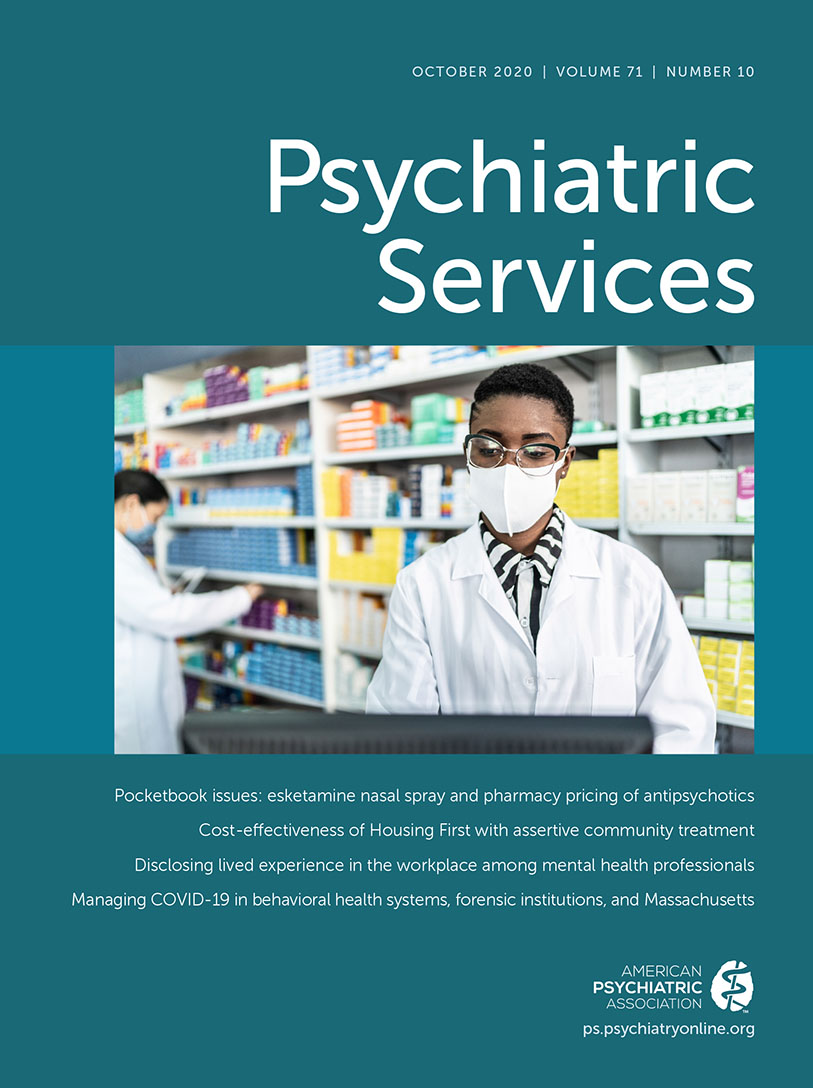Consultative Approaches to Leveraging the Psychiatric Workforce for Larger Populations in Need of Psychiatric Expertise
Abstract
Efforts are underway to leverage the expertise of the limited psychiatric workforce by utilizing psychiatrists as consultants to primary care providers (PCPs). These approaches have demonstrated the potential to increase access to care by having PCPs manage patients with common, less complex behavioral health conditions earlier and more effectively, thereby reducing demand for specialty psychiatric evaluation. Multiple approaches to indirect psychiatric consultation have been developed with varying levels of evidence and success. These ongoing efforts will require modifications in workforce training to prepare psychiatrists and PCPs for this new role and in reimbursement approaches that cover the cost of the psychiatric consultants’ work.




